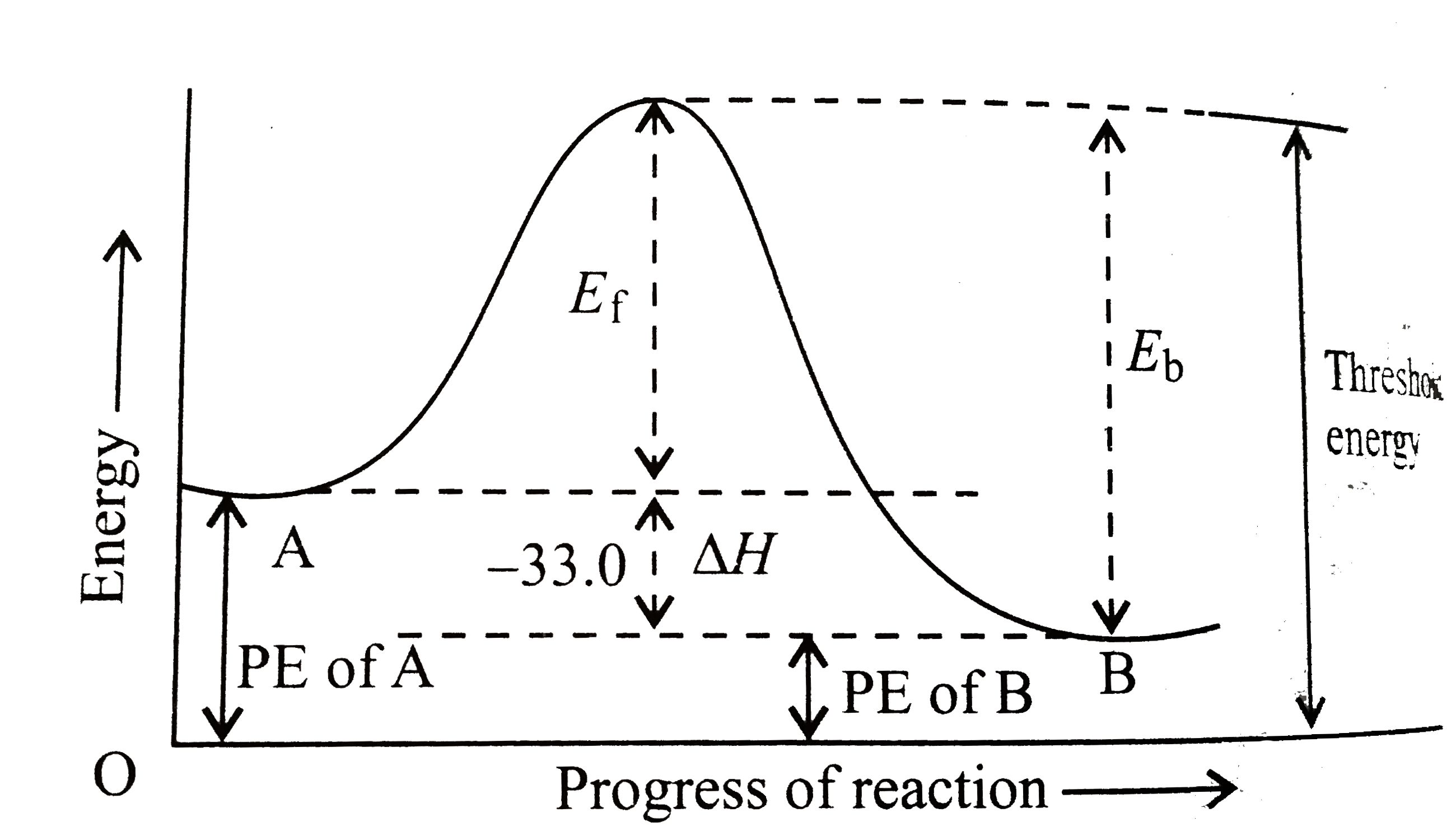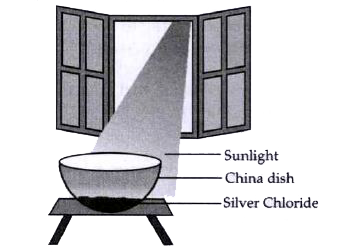Energy changes accompanying the chemical reactions can take place :
A
in the form of heat only
B
in the form of heat as well as light only
C
in the form of light only
D
in any form depending upon the nature of the system.
Video Solution
Text Solution
The correct Answer is:D
Question based on facts/definitions
|
Updated on:21/07/2023
Topper's Solved these Questions
Similar Questions
Knowledge Check
- Question 1 - Select One
The cell potential (E) and the free energy change (ΔG) accompanying an electrochemical reaction are related by
AΔG=nFlogEBΔG=nFEC−ΔG=nFED−ΔG=nF logE - Question 2 - Select One
The energy change accompanying the equilibrium reaction A⇔B is −33.0kJmol−1.

Assuming that pre-exponential factor is same for forward and backward reaction answer the following:
The equilibrium constant k for the reaction at 300KA5.55×105B5.67×103C5.55×106D5.67×102 - Question 3 - Select One
Chemical change does not take place in
Asouring of milk into curdBrusting of iron in atmosphereCburning of magnesium ribbon in airDemitting of light by a red hot platinum wire
With the help of an activity, show that there is no change in mass when a chemical change (chemical reaction) take place.
View SolutionWrite a balanced chemical equation to show the chemical reaction that would take place
View SolutionThe following diagram displays a chemical reaction. Observe carefully and answer the following questions :

The type of chemical reaction that will take place is :View SolutionIn terms of electronic concept, show that the chemical reaction taking place between zinc and copper sulphate dissolved in water is a redox reaction.
View SolutionThe Energy change. in a chemical reaction at constant volume is given by
View Solution

